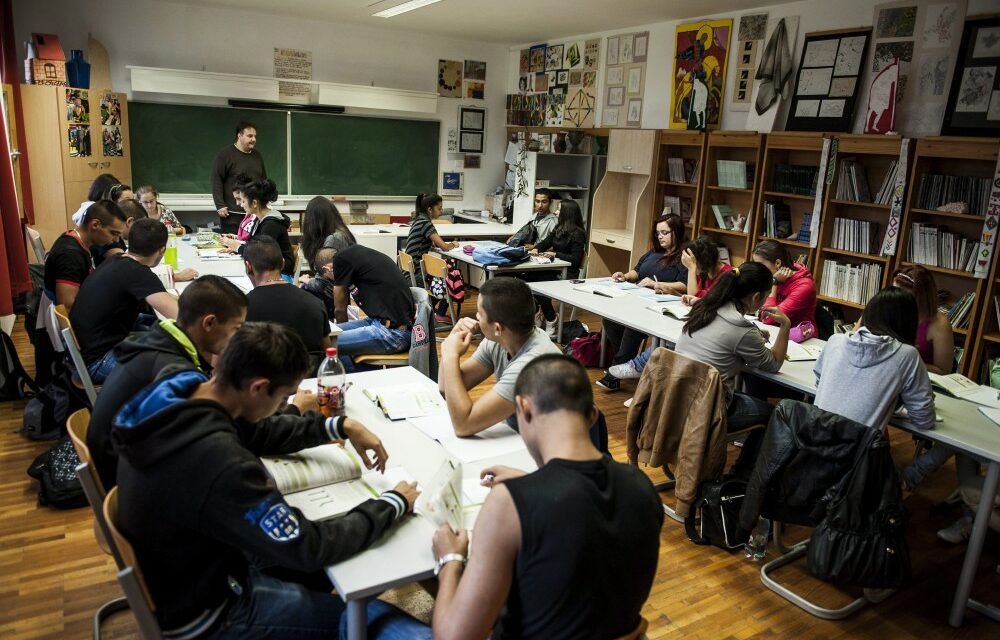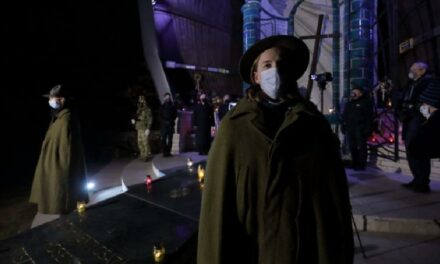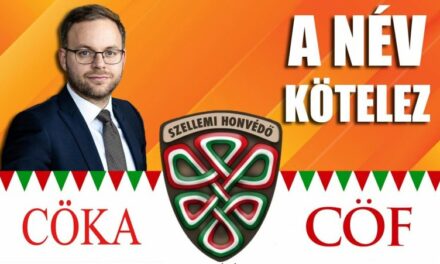Home building, baby support, child welfare measures, such as free meals for children, free camping, services and discounts provided by Biztos Kezdet Gerekházak or Tanodák are direct help to many Roma families.
Family subsidies can be demonstrated and actually contribute to the advancement of Roma families, the Mária Kopp Institute for Population and Families (Kincs) told MTI on Thursday, on the occasion of International Roma Day.
According to the announcement, many people took advantage of the opportunities offered by the family measures last year in the 118 villages participating in the "Catching Up Settlements" (FETE) program, which have a much larger Roma population than the national rate. The creation of a home, support for expecting a baby, child welfare measures, such as free meals for children, free camping, services and discounts provided by Biztos Kezdet Gerekházak or Tanodák are direct help to many Roma families, they wrote.
It was explained that the home building program is also popular in the catchment settlements, especially the village council: the amount of subsidies is HUF 5.7 million per family on average, half of which was used to expand or modernize an existing property, and half of which was used to buy another property.
In addition to creating secure housing, intergenerational cooperation is also very important in Roma families: around half of Roma grandparents see their children every day, and a quarter also see their grandchildren, and families are characterized by close cooperation, which is based on respect for elderly parents and relatives, and on the family commitment to their internal care, they added.
The institute reported on its value survey of Roma families and wrote: for those surveyed, family and family security are the most important, and two-thirds of them feel particularly happy.
Surveys disprove the prejudices about the Roma, according to which they consider themselves less Hungarian: 88 percent of the Roma respondents agreed with the statement that "I would much rather be a Hungarian citizen than to be a citizen of any other country", while only 85 percent of all respondents this, they informed, adding: common national belonging is also symbolized by the fact that the Roma people agreed with the statement that "I am proud to be Hungarian" in almost the same proportion as the entire population - 88 and 89 percent.
They wrote: in the past decade, progress has been unquestionable in the Roma communities, but there is still a lot to be done, for example in terms of improving housing, employment and education conditions.
According to Kincs, the International Roma Day is an excellent opportunity to draw attention to the fact that the Roma in Hungary are important and privileged members of the broad community of Hungarians.
The First World Roma Congress was held on April 8, 1971, where the delegates decided that the ethnic group should call itself Romanian. Since 1990, International Roma Day has been held on April 8 to commemorate this.
Source and photo: MTI













